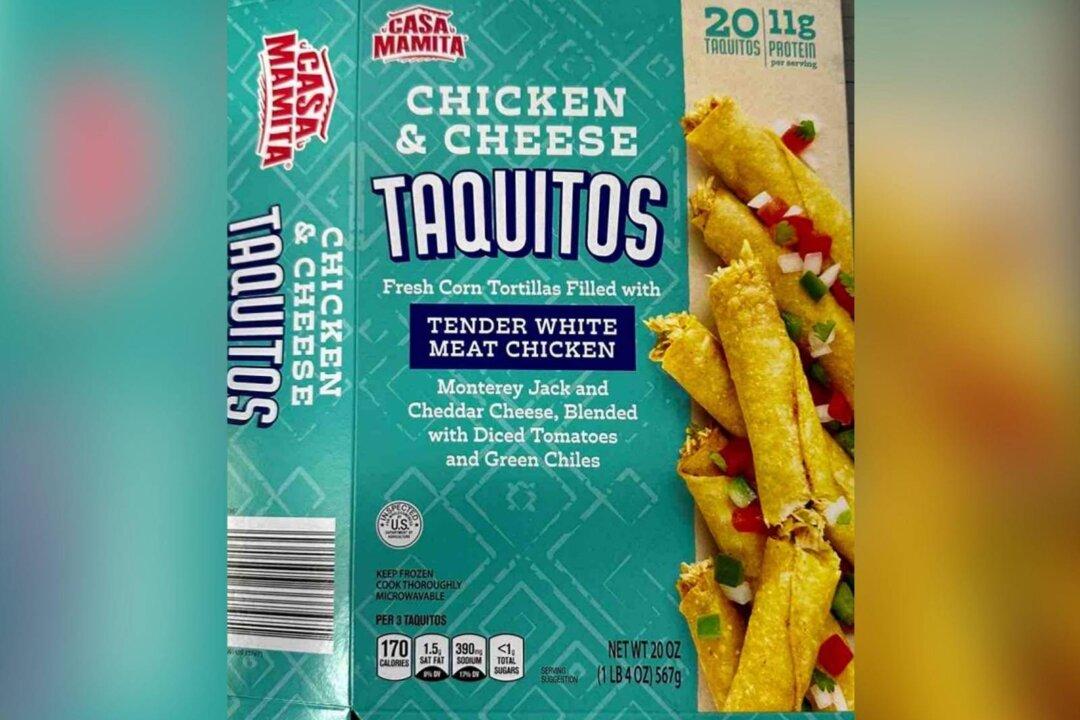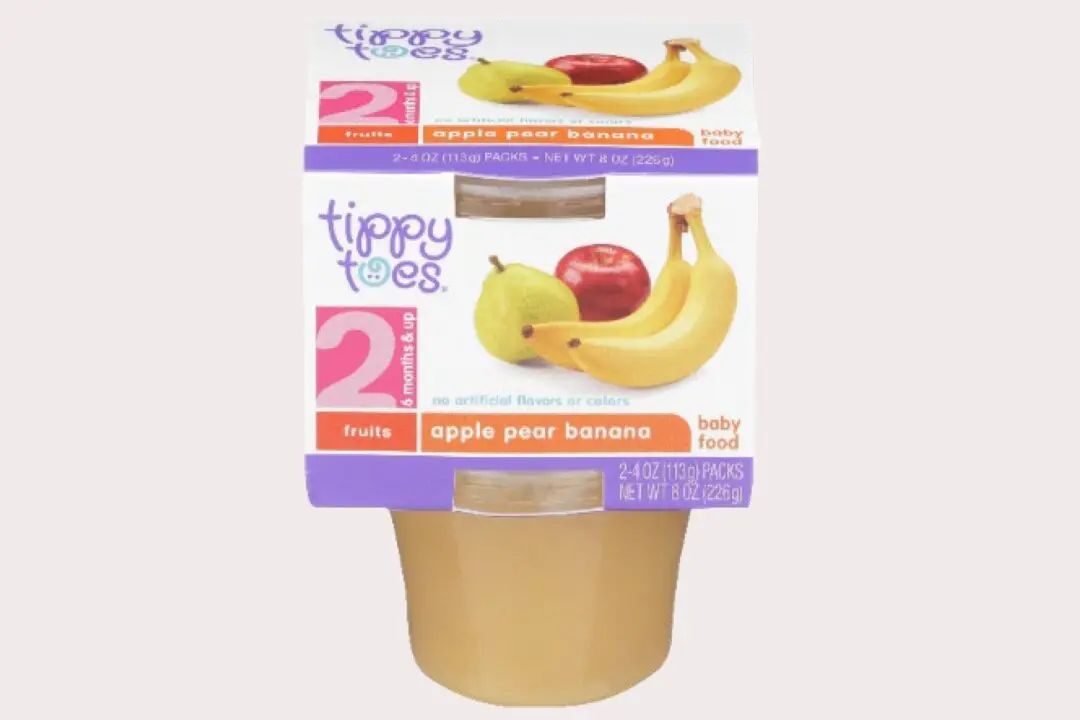California-based Bestway Sandwiches Inc. is recalling thousands of pounds of chicken products sold through ALDI grocery outlets in the United States due to concerns that the items could contain metal pieces.
The recall applies to roughly 24,870 pounds of frozen “Casa Mamita Chicken & Cheese Taquitos” manufactured on July 3 and Sept. 25, 2024, according to a Jan. 11 recall notice issued by the Food Safety and Inspection Service (FSIS).





